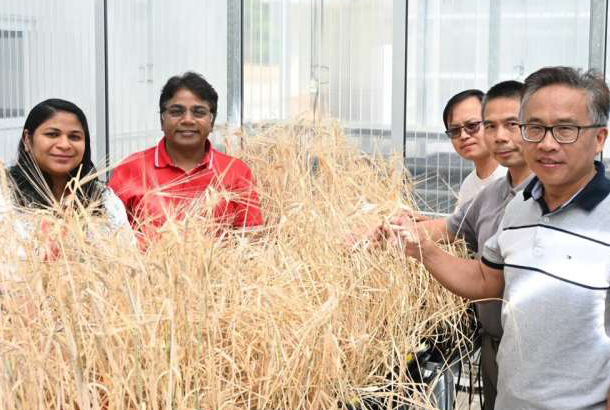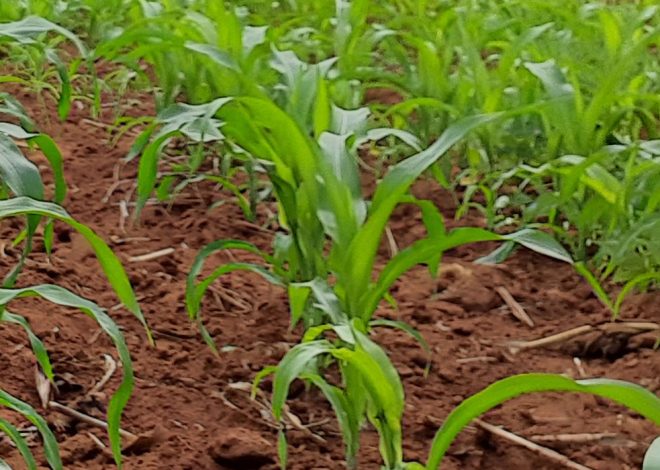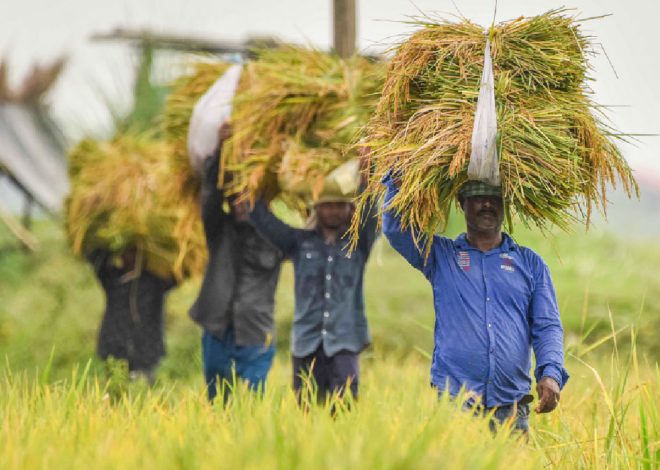
Wild barley genomics research paves the way for climate-resilient crops
An international team of scientists from Australia and China has unveiled the first chromosome-scale genome of a wild barley species. Their findings offer the potential for more sustainable agriculture and significant yield improvements for Australian grain production.
Led by researchers from Murdoch University and the Beijing Academy of Agriculture and Forestry Sciences (BAAFS), the groundbreaking study of the wild barley species Hordeum brevisubulatum—renowned for its exceptional tolerance to alkaline and saline soils—is a significant leap forward in harnessing crop wild relatives (CWRs) to combat soil degradation and the increasing prevalence of extreme weather events.
The study, published in Nature Plants, identified critical genetic adaptations, including the duplication of stress-response genes that enable efficient nutrient intake under alkaline stress. When overexpressed, these genes doubled in biomass and offered improved yields in harsh conditions.
(Source)













